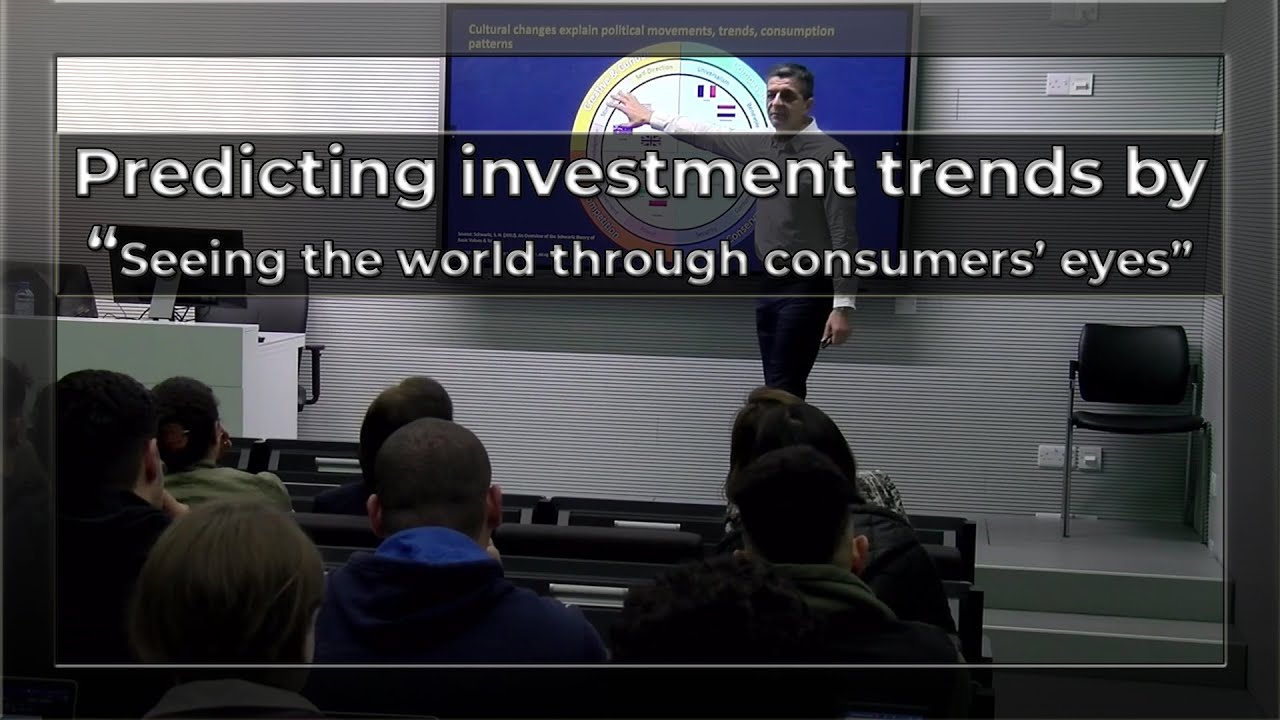TEDxJakarta - Zaini Alif - The Secret Meaning of "Hom Pim Pa"
Summary
TLDRZaini Alif, a passionate researcher of traditional games, shares his journey from the rural 'Kampung Bolang' to becoming an expert in the field. He explains the educational and cultural significance of games like Sondah Mandah, Congklak, and Gatrik, which teach children important life skills and values. Alif emphasizes the importance of play in learning and calls for the recognition of Indonesia's rich heritage in games, advocating for a global learning center for traditional games.
Takeaways
- 🎉 The speaker, Zaini Alif, emphasizes the importance of play and games in children's lives, using a playful and engaging tone to connect with the audience.
- 🌟 Zaini's passion for games stems from his childhood in Kampung Bolang, where he used everyday objects and nature for play, highlighting the creativity and resourcefulness of children.
- 🏘️ He discusses the significance of traditional games, having researched and identified numerous types across different regions, emphasizing their cultural and educational value.
- 🔍 Zaini explores the deeper meanings behind games, such as 'Sondah Mandah', which teaches children about the importance of daily hard work and perseverance.
- 🌐 He finds parallels between traditional games from different cultures, suggesting a universal human need for play and the shared values it can impart.
- 🧠 The games are not just for fun; they also serve as tools for learning important life skills, such as emotional intelligence, empathy, and even mathematical concepts.
- 🏡 Zaini's personal journey from a small village to studying games in Bandung and obtaining a graduate degree reflects his dedication to understanding and preserving traditional play.
- 🌱 He believes in the power of games to teach children about nature, self-awareness, and spirituality, as well as to prepare them for life's challenges.
- 🤔 There's a critique of the modern education system, suggesting it has strayed from incorporating the natural learning processes and values found in traditional games.
- 🌏 Zaini envisions Indonesia as a hub for game education, attracting people worldwide to learn about the rich variety of games and their significance.
- 🎭 The script concludes with a call to take play seriously, as it is a fundamental part of human nature and a crucial method of learning and personal development.
Q & A
What are the magic words children say before starting a game according to the speaker?
-The magic words are 'Hom pim pah alaihom gambreng', which the speaker and the audience say together to officially start playing.
What is the speaker's name and what is unique about his stature?
-The speaker's name is Zaini Alif, and he mentions that he has always been small because he always hangs around with kids.
What is the significance of the place called 'Kampung Bolang' to the speaker?
-Kampung Bolang is the place where the speaker was born, and it is significant because it is where he first experienced traditional games and play.
How far did the speaker have to walk to school when he was young?
-The speaker had to walk about 12 km to go to school every day, leaving at dawn and walking through the ridge.
What traditional game did the speaker discover has a similar version in Brazil?
-The speaker discovered that the game 'Sondah Mandah' has a similar version in Brazil called 'Amarilinha', both involving jumping and symbolizing a journey from earth to heaven.
What does the speaker believe traditional games teach children about life?
-The speaker believes that traditional games teach children important life lessons such as hard work, emotional intelligence, empathy, and understanding the world around them.
What is the purpose of the game 'Congklak' according to the speaker?
-The game 'Congklak' is used to teach children about business, empathy, and managing life's finances, as well as the concept of sharing and not hoarding resources.
What does the speaker suggest about the importance of play in education?
-The speaker suggests that play is very serious and an essential tool for learning basic concepts of human life in the world, and that traditional games should be incorporated into the education system.
What is the concept behind the magic words 'Hom pim pah alaihom gambreng'?
-The concept behind the magic words is a reminder of one's origin and destiny, signifying that we came from God and will return to God, and that we must submit ourselves in life.
What is the speaker's vision for Indonesia in terms of games?
-The speaker's vision is for Indonesia to be recognized as a global center for learning about games, with the world coming to Indonesia to study the rich variety of traditional games.
How does the speaker describe the importance of traditional games in learning about the elements?
-The speaker describes traditional games as a way for children to learn about the elements such as water, fire, wind, and earth, through games that engage with these natural elements directly.
Outlines

此内容仅限付费用户访问。 请升级后访问。
立即升级Mindmap

此内容仅限付费用户访问。 请升级后访问。
立即升级Keywords

此内容仅限付费用户访问。 请升级后访问。
立即升级Highlights

此内容仅限付费用户访问。 请升级后访问。
立即升级Transcripts

此内容仅限付费用户访问。 请升级后访问。
立即升级浏览更多相关视频

IBGEeduca - O que faz um estatístico? A estatística no esporte.

Predicting investment trends by seeing the world through consumers’ eyes

1 year vision towards AI Social Media Marketing

Programa Bate Bola Tributário EP#01 - Part. Marcos Lima.

偶然のフロンティア -格闘ゲームは研究できるー The unexpectedly Frontier | Wakana Hirai | TEDxUTokyo

Meet a Mathematician! - Dr. Robin Wilson
5.0 / 5 (0 votes)
